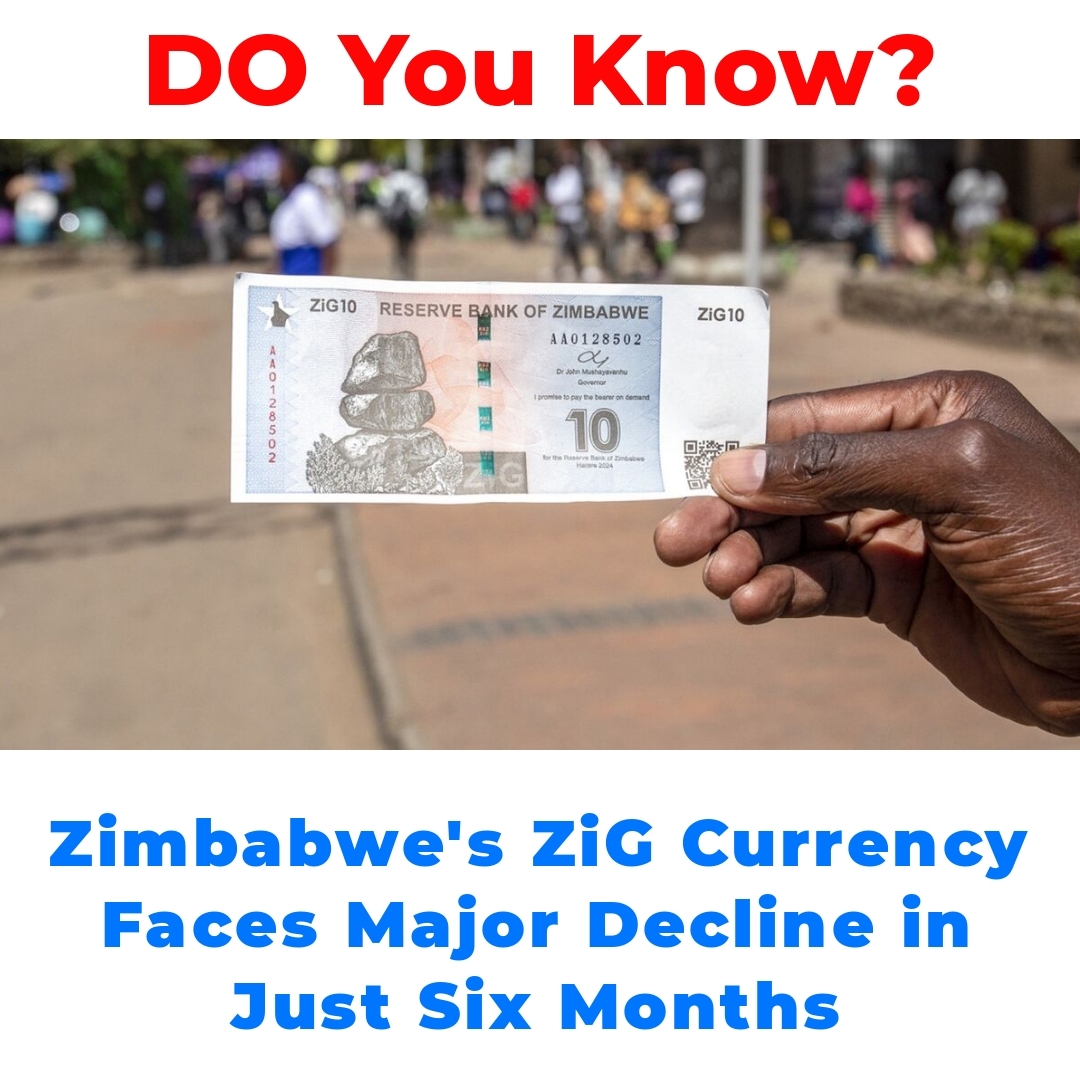Zimbabwe recently launched its Gold currency as a desperate attempt to stabilize an economy plagued by currency weakness, soaring inflation, and rising interest rates. This article delves into the challenges facing the Zimbabwe Gold currency, evaluating its viability and exploring the broader implications for Zimbabwe’s financial landscape.


The Current State of Zimbabwe’s Currency
The Zimbabwe Gold currency was launched as part of a bold experiment to stabilize a struggling economy. The primary goal of this initiative was to address some of the dire issues faced by the local currency, particularly the rampant currency weakness in Zimbabwe. Since the Gold currency’s introduction, observers have noted a significant depreciation in value, especially since April. Initial enthusiasm has waned as the statistical evidence reveals sharp declines in the Zimbabwe Gold currency’s purchasing power, leading to questions about its effectiveness.
Many Zimbabweans had hoped that the introduction of the Gold currency would act as a anchor against the inflation that has plagued the nation, but the reality hasn’t matched these expectations. As currency stability struggles to take hold, more citizens are left wondering how this new currency is supposed to make a positive difference.
High Inflation and Its Impact
Inflation in Zimbabwe has reached alarming levels, creating immense challenges for both consumers and businesses. Currently, Zimbabwe’s inflation rate stands at an astonishing high, which continues to erode the value of money and disrupt normal economic activity. This impact of inflation on the Zimbabwe economy is visibly manifesting, as the prices of essential goods and services steadily climb.
Comparing today’s rates with previous inflation statistics reveals a sobering trend; the purchasing power of ordinary Zimbabweans has shrunk significantly. Families struggle to meet their basic needs, and many fear for their financial security as prices soar unchecked.
Rising Interest Rates and Economic Strain
As the situation worsens, interest rates in Zimbabwe have also begun to rise. This means that borrowing costs for businesses are climbing, making it harder for them to operate effectively. Companies are forced to make tough decisions about whether to expand, maintain operations, or even stay afloat.
The rising interest rates further contribute to the economic strain on both consumers and businesses. For many, the burden of increased debt payments and high credit costs leads to a decrease in consumer spending. This shift not only affects families but also stifles growth for business owners trying to find their footing in this unstable financial environment.
Reasons for Zimbabwe Gold Currency Failure
A deep dive into the reasons for Zimbabwe Gold currency failure reveals several critical issues. Mismanagement has been a recurring theme in the country’s economic strategy, with little public trust in government initiatives. The lack of international credibility poses challenges, making it difficult for the government to gain support for its Gold currency initiative.
This situation is reminiscent of previous currency failures in Zimbabwe’s history, highlighting a pattern of economic instability. Without substantial improvements in governance and monetary policy, the prospect of a successful Gold currency may remain elusive.
The Ripple Effect on Businesses and Consumers
Currency devaluation has directly impacted businesses in Zimbabwe, creating a challenging landscape for many entrepreneurs. As the value of money continues to plummet, companies struggle to maintain profitability. They are often left with higher operating costs, driven by inflated supply prices, while their customer base shrinks.
For consumers, the pain is equally palpable. The cost of living has surged, with many families experiencing purchasing power erosion. Testimonies from local business owners emphasize the frustration and uncertainty they face. Everyday decisions about basic needs become obstacles as inflation relentlessly affects their financial well-being.
Conclusion
In summary, the viability of the Zimbabwe Gold currency looks increasingly tenuous. The combination of high inflation, rising interest rates, and an unstable economic climate presents serious challenges for its success. Without significant reforms and a renewed commitment to restoring public trust, the future of the Zimbabwe Gold currency remains uncertain.
It’s essential for stakeholders in Zimbabwe to evaluate the situation carefully and consider potential next steps that could lead to more sustainable economic solutions. Whether through policy changes or international assistance, the need for action is more urgent than ever as the country grapples with its financial crisis.
FAQ
What is the Zimbabwe Gold currency?
The Zimbabwe Gold currency was introduced to help stabilize the economy and counteract the severe devaluation of the local currency caused by rampant inflation.
Why has the Gold currency depreciated in value?
Since its launch, the Gold currency has seen a significant drop in purchasing power, especially noted since April. Factors contributing to this depreciation include high inflation rates and lack of public trust in government initiatives.
What is the current inflation rate in Zimbabwe?
Zimbabwe is currently facing alarmingly high inflation rates, which continue to erode the value of money and disrupt economic activities.
How does rising inflation affect consumers?
As inflation rises, the cost of essential goods and services increases, making it difficult for families to meet their basic needs. This leads to a significant decline in purchasing power for ordinary Zimbabweans.
What impact do rising interest rates have on businesses?
Rising interest rates increase borrowing costs for businesses, making it challenging for them to operate. This can lead to hard decisions about expansion and sustainability in an already challenging economic environment.
Why has the Zimbabwe Gold currency not succeeded?
- Lack of effective management and public trust in economic strategies.
- International credibility issues hinder support for the Gold currency.
- Similar patterns of economic instability have emerged from past currency failures in Zimbabwe.
How does currency devaluation impact businesses?
With the currency’s value dropping, companies face higher operational costs due to inflated prices while their customer base shrinks, leading to profitability challenges.
What challenges do consumers face as a result of the economic situation?
Consumers are experiencing a surge in the cost of living, and many families report struggling to manage daily expenses as inflation affects their financial well-being.
What is needed for the Gold currency to succeed?
Significant economic reforms and a commitment to restoring public trust are crucial for the future viability of the Zimbabwe Gold currency.







